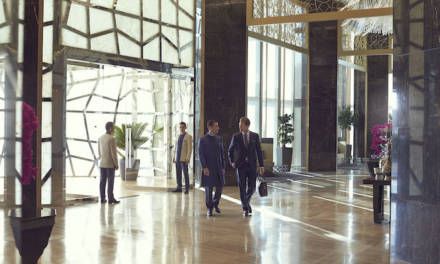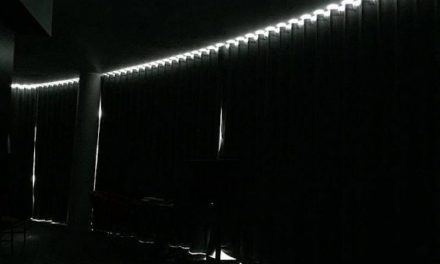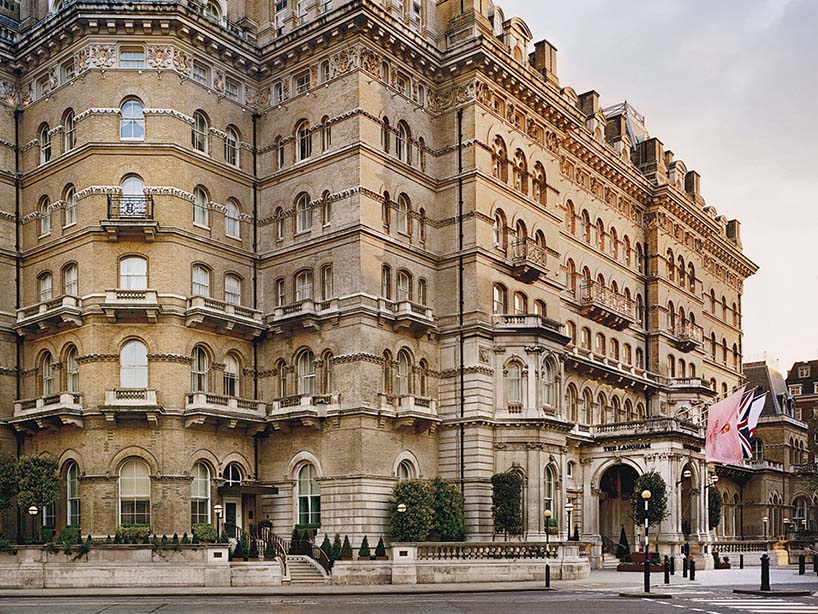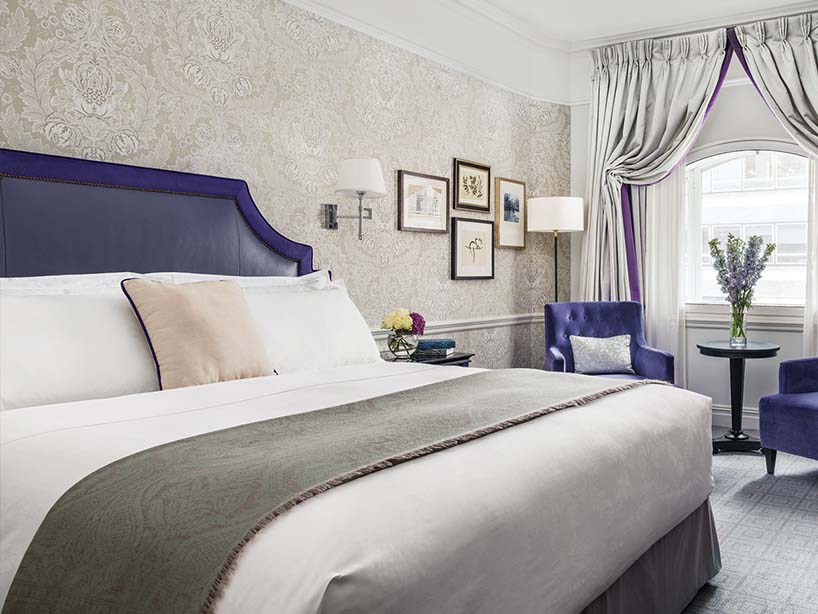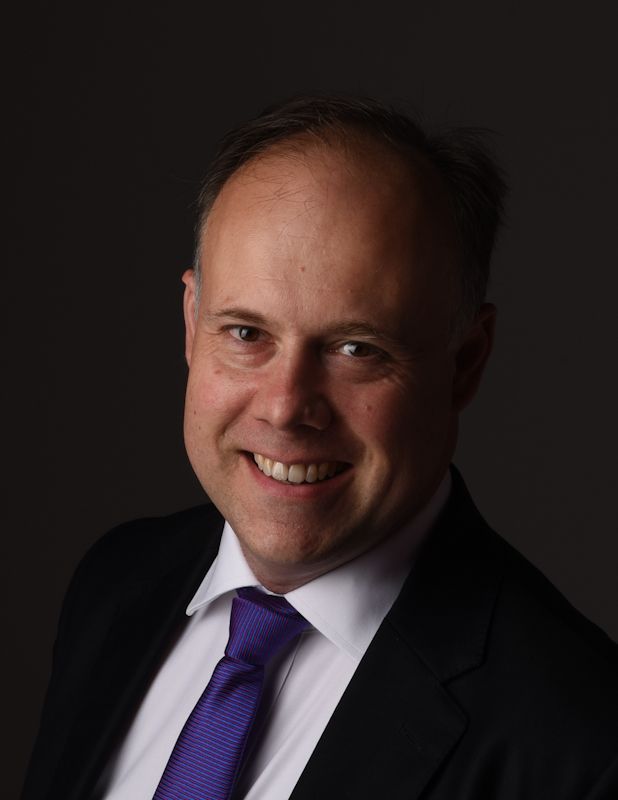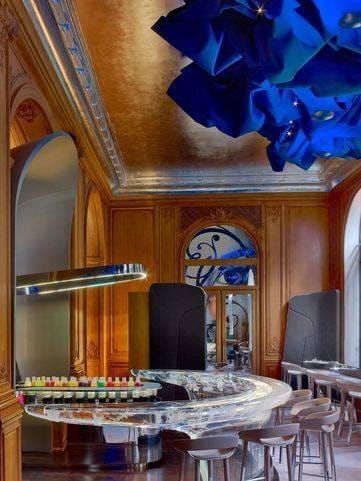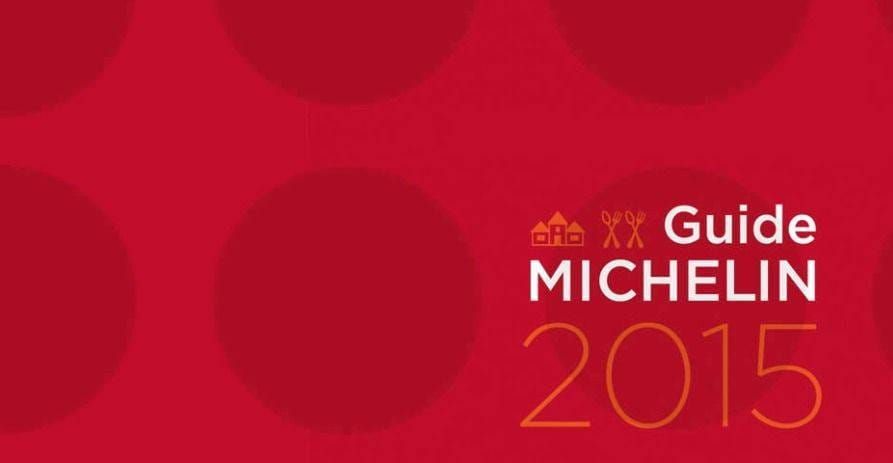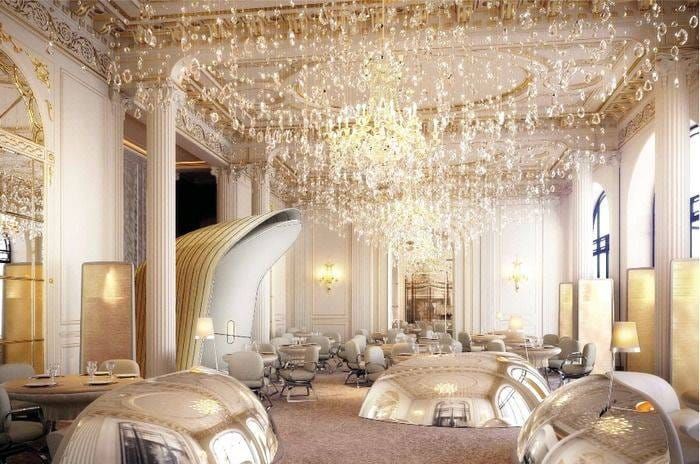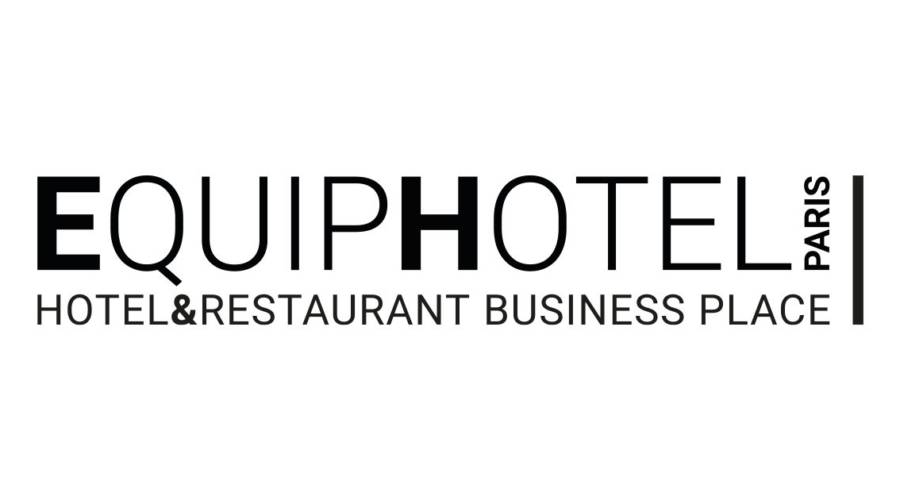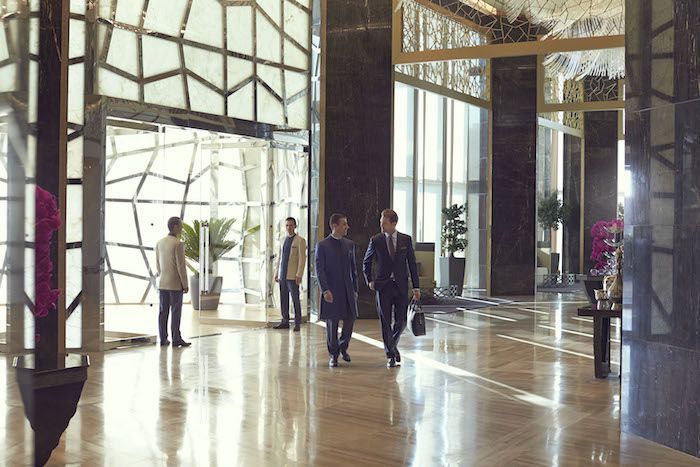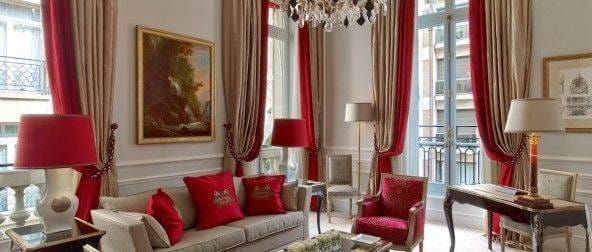I attended the 2017 edition of the ILTM Conference in Cannes. Over the course of the program, I sought out numerous hoteliers and hospitality experts to discover the latest emerging themes and challenges in the luxury hotel industry.
One theme that has fascinated me over the years is the subject of digital technology. It is a controversial term in the luxury hotel universe, which has traditionally centered around human touch and would thus ostensibly resist the digitalization of the unique service that defines luxury hospitality.
During the conference, I was eager to discover how different brands chose to approach the issue of digital technology. Below you will find my interview on the subject with Simon Manning, Chief Sales & Marketing Officer of Langham Hotels.
What is your vision of digital technology in terms of guest experience?
We don’t, and I’ll tell you: because at the end of the day, the luxury consumer wants service, and service is through people. As long as we’re still relevant today, that is good enough. Will we go to key-less doors or push-button one day? Sure, but that’s it. At the end of the day, in luxury, people come to pay a premium for service, not necessarily for automation. Automation is great if it brings valid and tangible benefits that are perceived as service. Turning on a light-switch was innovative in 1865. Today that’s not innovative. If room service by app is perceived as innovative and luxury, we will put it in.
But keyless doors or not checking in is not luxury. Having services that give guests access to their rooms at certain times of day when they couldn’t normally get them and having someone do it for them and escorting them to their keyless door—that is luxury. The actual technology piece is not. That’s how we perceive technology. It’s not that you can’t have it, but how do you deliver it in a luxury way? Is an app more important than having something for drying your fingernails in the room? A lady would say that a nail-dryer is more luxurious than having an app-door room service. For us, it’s how do we define luxury? And we define luxury as human service and contact, not automation.
Can you explain the pink motif in your hotels?
We only have pink flowers. We like to put a touch of pink, but only in a rose, not in the room. Pink is the company color. We pull it through like Tiffany’s. We wanted to use a color that no one had used that was different. I think we’ve done it quite well. We used an agency in New York who presented us with a whole rainbow, and we all chose that. What’s great is that we’ve defined it as pink travel. Pink travel in the industry is usually defined as gay/lesbian travel because they use the color pink. But pink hasn’t defined us as a gay company, but we receive all guests. Pink is perceived as feminine, so it’s worked really well for us. What we’ve found is that pink in some world is perceived as feminine and in other worlds is seen as cool. The Chinese adore pink.
Are you looking at any particular geographies for new hotel developments?
Apart from London, we have looked at everything that comes up for sale in Paris. We need to go where the luxury traveler goes, which is primarily Italy and France. We look at everything and try and make it work.
#ILTM #luxuryHotel #delportehospitality
Langham Hotels – London – Room
Known for his international expertise on luxury hotels through his magazine, Laurent Delporte shares his vision and experiences in the world of hotels on his site DELPORTE Hospitality. He decodes the behind-the-scenes action in the sector: from food and beverage facilities, accommodations, architecture, to the quality of services. He offers interviews, advice, and articles as pragmatic resources that industry professionals and private individuals can refer to in their search for information.


 HOME
HOME